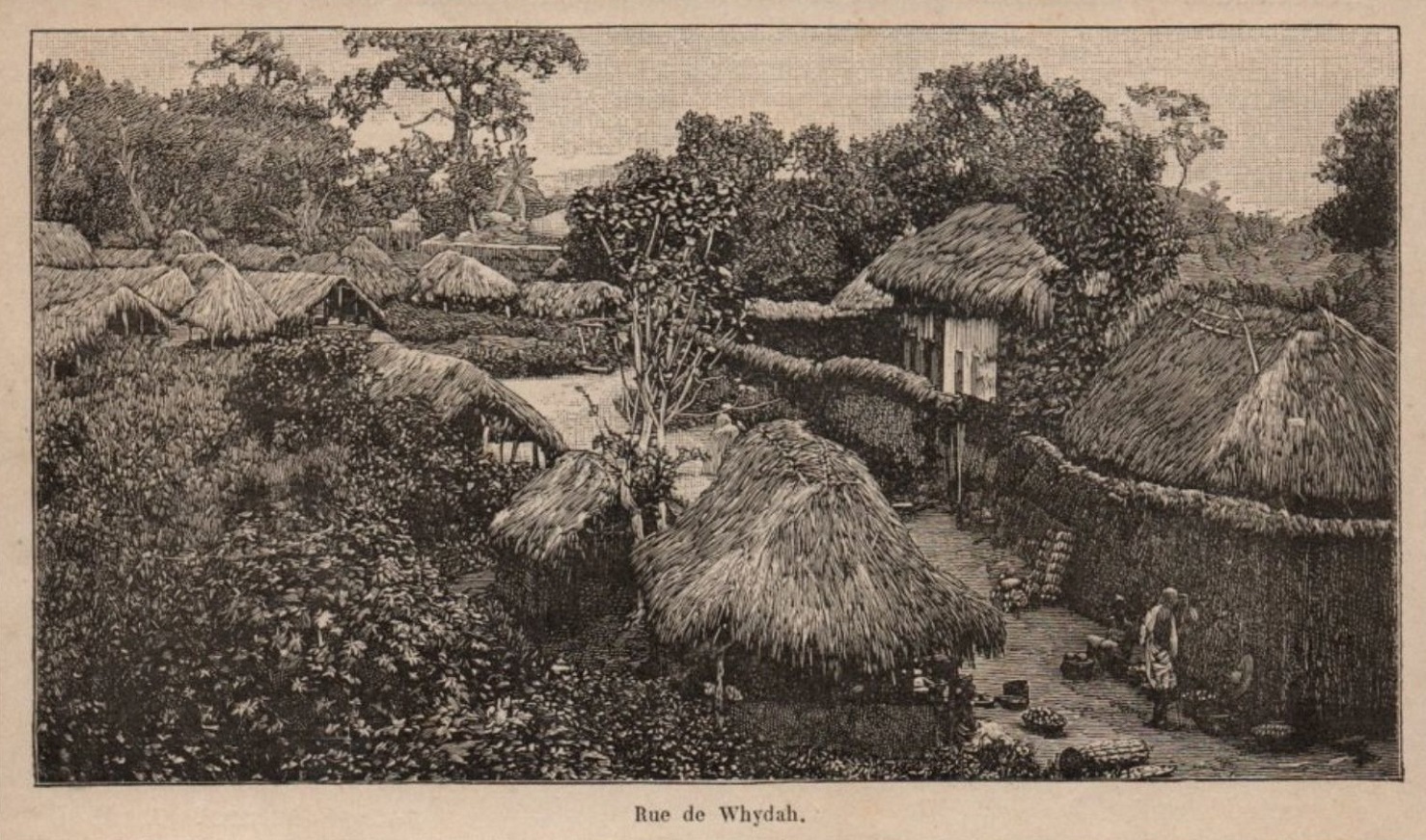|
Arlette Claudine Kpèdétin Dagnon Vignikin
Arlette Claudine Kpèdétin Dagnon Vignikin (born 17 November 1951) is an ambassador of Benin. She has represented her country in the nations of Scandinavia and the Baltic. Life Vignikin was born in Benin in the city of Ouidah in 1951. She was educated in international public law at ESCAE-University in Benin. She has a " Diplôme d'Etudes Supérieures Spécialisées (DESS)" in international law. She later studied French-Russian translation in Kyiv. She is a career diplomat. She was the first woman to be an ambassador of Benin and posted abroad. She is a Plenipotentiary Minister of Foreign Affairs. Before she became an ambassador, Vignikin held high responsibilities in the Ministry of Foreign Affairs, as well as serving in Benin's Diplomatic missions abroad. She was: Head of the Department of America, Minister Counselor and Chargé d'Affaires of the Embassy of Benin in the People's Republic of China and at the Benin's Embassy in France. In August 2008, she was appointed Extraord ... [...More Info...] [...Related Items...] OR: [Wikipedia] [Google] [Baidu] |
Ouidah
Ouidah () or Whydah (; ''Ouidah'', ''Juida'', and ''Juda'' by the French; ''Ajudá'' by the Portuguese; and ''Fida'' by the Dutch) and known locally as Glexwe, formerly the chief port of the Kingdom of Whydah, is a city on the coast of the Republic of Benin. The commune covers an area of and as of 2002 had a population of 76,555 people. History In local tradition Kpassa is supposed to have founded the town. This probably happened towards the end of the sixteenth century. The town was originally known as ''Glēxwé'', literally 'Farmhouse', and was part of the Kingdom of Whydah. Ouidah saw its role in international trade rise when the Royal African Company (RAC) constructed a fort there in 1650. Whydah troops pushed their way into the African interior, capturing millions of people through wars, and selling them to European and Arab slave traders. By 1716, the Kingdom of Whydah had become the second largest slave port in the triangular trade, as noted by the crew of the slave ... [...More Info...] [...Related Items...] OR: [Wikipedia] [Google] [Baidu] |
